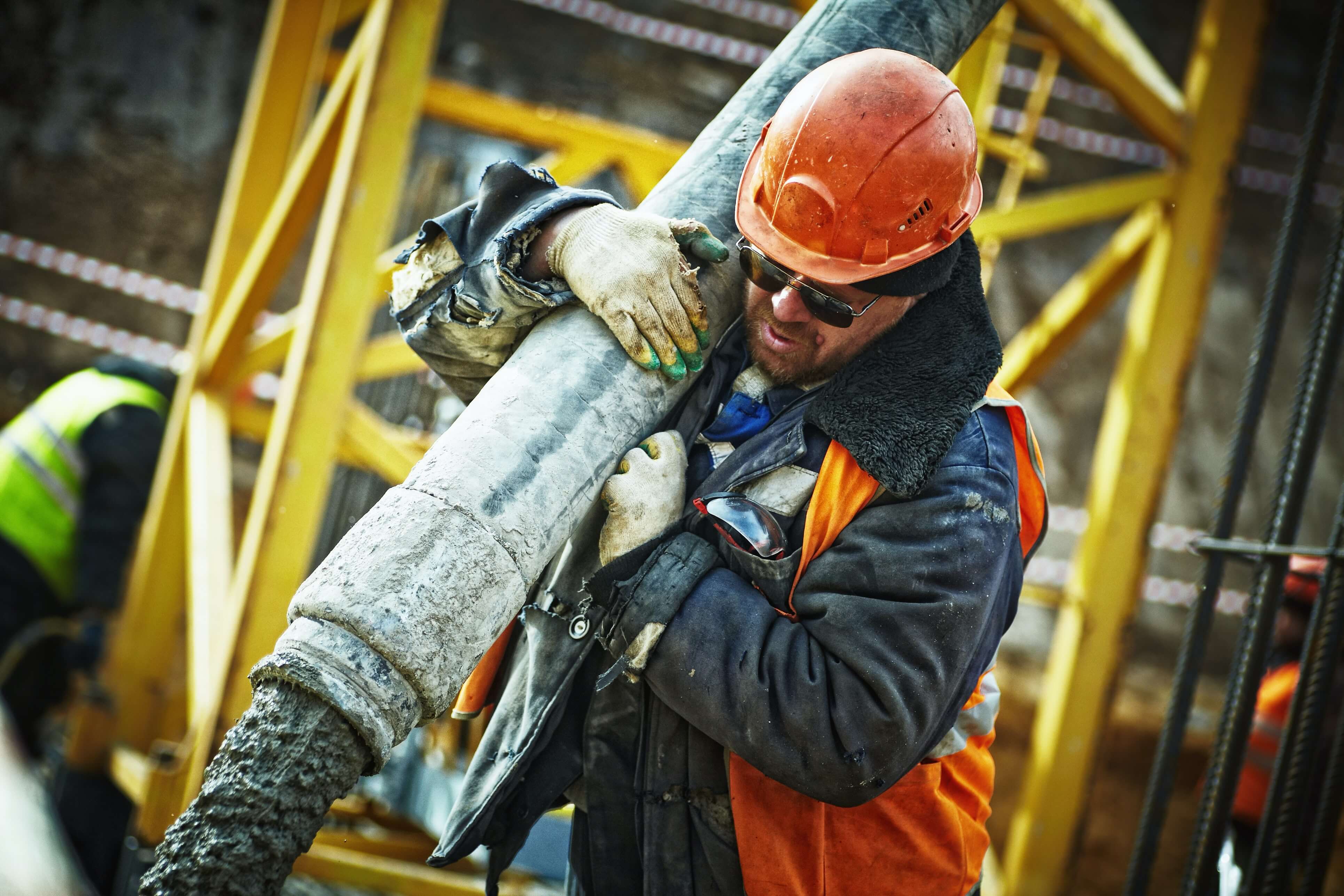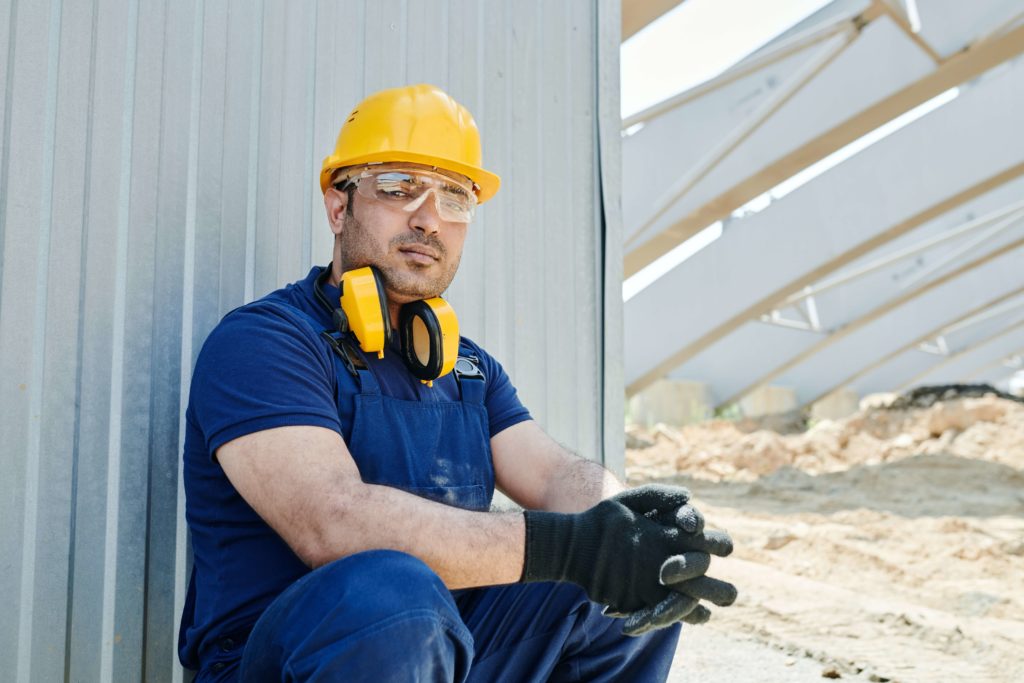Everything You Need to Know About PTI/DATI Regulations - Complete Guide

The PTI DATI is a safety device designed to protect workers operating alone in potentially hazardous environments. Whether on construction sites, in maintenance, logistics, or technical support, PTI DATI applies to all professionals working independently. But what regulations govern these devices? That’s what we’ll explore in this article!
- What is PTI DATI?
- Standards and Regulations Regarding PTI DATI
- PTI DATI Regulations: Obligations
- PTI DATI Regulations: Prohibitions
What is PTI DATI?
When it comes to ensuring the safety of mobile workers, PTI DATI is an essential factor to consider. But what exactly is PTI DATI, and what does it entail? We’ll explain everything in this section.
Definition and Explanation of PTI DATI: Who is Concerned?
PTI DATI stands for “Protection of Lone Workers with Alarm Device for Lone Workers.” It is a safety device aimed at preventing risks associated with professional isolation and providing a rapid response in emergency situations. PTI DATI applies to any professional who works alone or independently. This includes technicians, delivery personnel, maintenance workers, inspectors, field agents, traveling salespeople, and many others.
Importance of PTI DATI in Regulations
PTI DATI is of paramount importance in the context of labor and worker safety regulations. It ensures compliance with prevailing standards while safeguarding the health and safety of mobile professionals. National and European legislations often mandate the use of protective devices such as PTI DATI to prevent accidents, emergency situations, and to ensure a swift response when needed.
Benefits of PTI DATI
PTI DATI offers numerous advantages to mobile professionals. By using such a device, you can:
- Ensure the safety and protection of lone workers, providing them with the peace of mind they need to carry out their work confidently.
- Prevent occupational hazards and emergency situations by quickly alerting rescue or security teams when necessary.
- Improve responsiveness and handling of emergency situations through integrated alarm and geolocation features.
- Facilitate compliance with workplace safety regulations, thereby minimizing legal risks for the company.
- Enhance the company’s social responsibility by demonstrating its commitment to the safety and well-being of its employees.
PTI DATI is an essential tool for mobile professionals, ensuring their safety and enabling them to work under optimal conditions. Its use is highly recommended and can make a difference when it comes to preventing occupational risks and protecting lone workers.

Standards and Regulations Regarding PTI DATI
ATEX Standard and PTI DATI
The first important standard to consider is the ATEX standard (Explosive Atmospheres). This standard pertains to workplaces where explosive atmospheres can form, thereby endangering worker safety. PTI DATI must comply with this standard to ensure safe and effective use in such environments.
The ATEX standard imposes specific requirements regarding the design, construction, and performance of devices used in potentially explosive atmospheres. Thus, PTI DATI must meet these requirements to ensure the safety of mobile workers operating in hazardous areas.
PTI DATI and Labor Regulations
In addition to the ATEX standard, PTI DATI must also comply with labor laws and regulations concerning the safety of lone workers. These regulations are put in place to prevent risks associated with worker isolation and ensure their protection when performing tasks alone or in remote environments.
Labor regulations may vary by country, but they all aim to ensure the safety of lone workers by establishing specific standards for accident prevention and emergency preparedness. Therefore, PTI DATI must conform to these regulations and provide appropriate features to ensure the safety and well-being of mobile workers.
PTI DATI Regulation: Obligations
As part of their general safety obligation defined in Article L230-2 of the Labor Code, employers are responsible for the protection and health of their employees. This includes identifying isolation situations, assessing associated risks, and implementing appropriate safety measures.
According to Article L4121-1 of the Labor Code, employers are required to take all necessary measures to ensure the safety and protect the physical and mental health of workers. This means avoiding risks as much as possible and evaluating risks that cannot be avoided, as per Article L4121-2.
Therefore, PTI/DATI regulation is an extension of this general safety obligation. It obliges employers to identify isolation situations and hazardous tasks performed by lone workers. Furthermore, employers must assess associated risks and establish an organization and means adapted to ensure their safety.
By complying with PTI/DATI regulations, you demonstrate your commitment to the safety of your lone workers. This entails using individual protective devices such as PTI (Protection of Lone Workers) or DATI (Alarm Device for Lone Workers) to enable swift communication in case of emergencies.
Nomadia offers PTI/DATI solutions to ensure your employees’ safety!
PTI DATI Regulation: Prohibitions
- Working at Heights: Working at heights without the supervision of a third party is prohibited. This includes work on ladders, scaffolding, roofs, or elevated platforms. Ensuring the presence of at least one other person to oversee activities at heights is essential.
- Electrical Work De-energized and Energized: Electrical work performed without the presence of a third party is prohibited, whether it is de-energized or energized work. These tasks require special attention and the presence of a qualified person to respond in case of emergencies.
- Work Involving a Risk of Falling into Water: Work that poses a risk of falling into water, such as underwater work or work near bodies of water, must be carried out with the mandatory supervision of a third party.
- Work on Elevators: Interventions on elevators without the presence of a third party are strictly prohibited. Due to the risks associated with this type of activity, the presence of a competent person is required.
- Truck and Equipment Maneuvers, and Work in Shafts or Galleries: Truck and equipment maneuvers or work conducted in shafts or galleries require constant supervision by a third party. These environments present specific dangers that require vigilant oversight to respond to incidents.
- Use of Equipment for Lifting Loads: The use of equipment for lifting loads without the supervision of a third party is prohibited. This includes cranes, hoists, or any other lifting equipment. The presence of a competent third party is indispensable to prevent accidents related to these operations.
